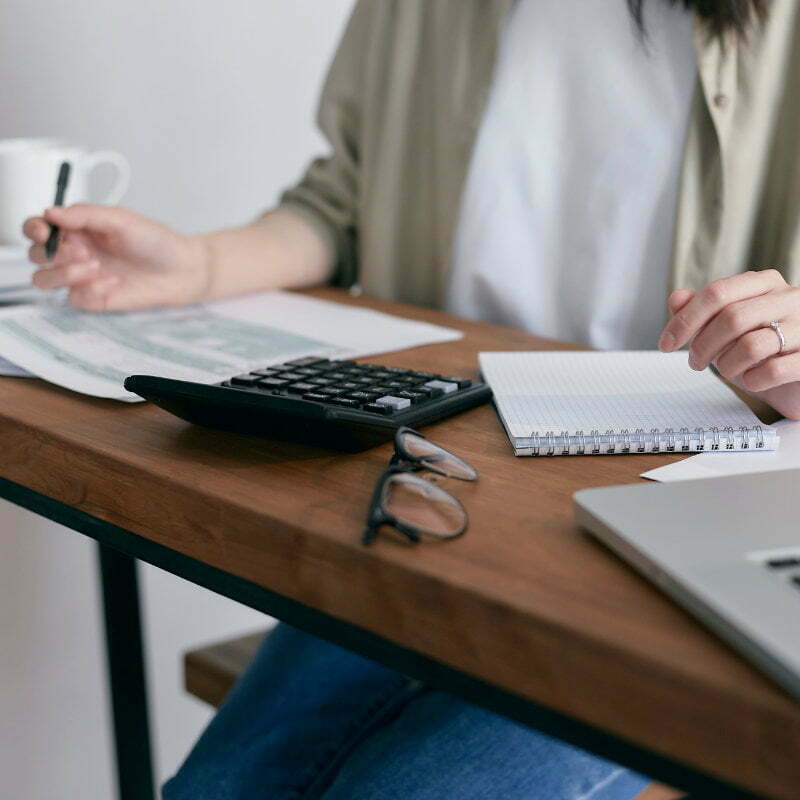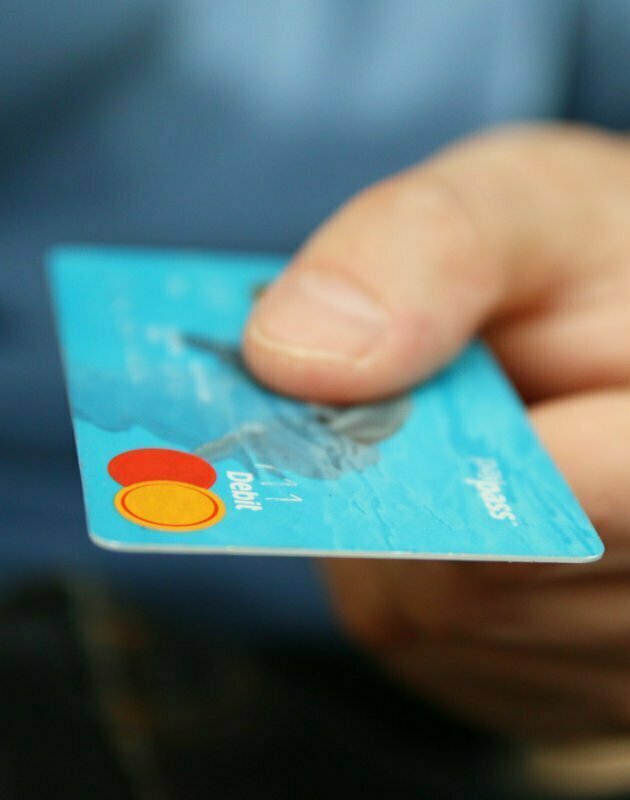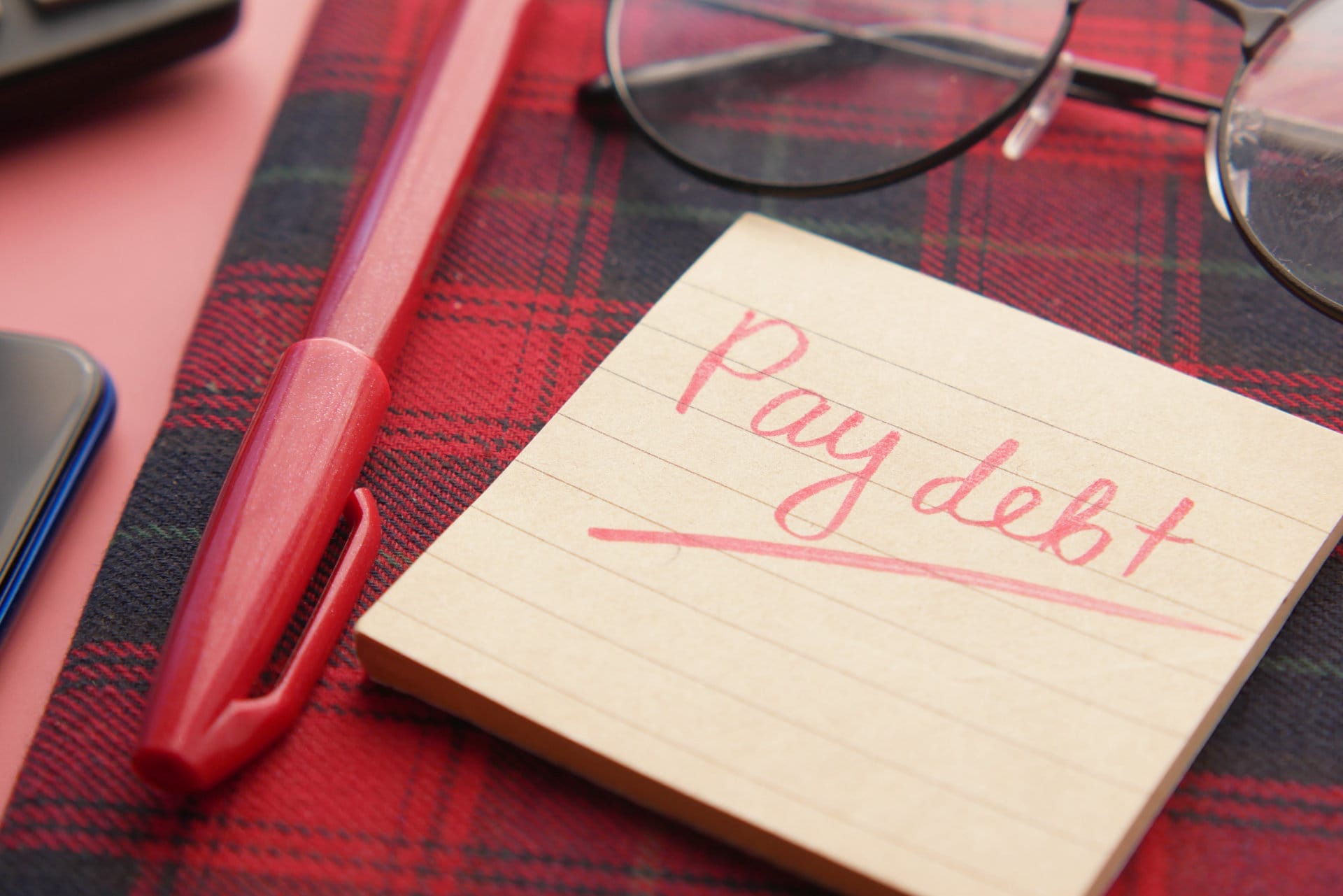Bad debt is the worst! It is money that you need to pay right away, and This includes any kind of debt that has the potential to put a strain on you financially.
The definition
Debt has two classifications: “consumer” and “business.” Consumer debt means that you owe money to another person or company. Business debt means you owe money from your business, such as a loan from a bank or an unpaid invoice from a customer.
Bad debt is a term that applies to any debt that you can’t pay back. Sometimes, even with good intentions, you can end up with too much bad debt—debt that isn’t helping you build wealth or improve your financial situation. It is a debt that doesn’t help you progress toward your goals, whether making a payment on an unsecured credit card or paying off a car loan when you have no emergency savings fund to fall back on if something goes horribly wrong in your life.
Types of bad debt
There are many types of bad debt, and it’s important to know what they are to carry out the appropriate steps to deal with them.
Debt that is considered bad debt includes:
Credit card debt: This is considered credit card debt when you use your credit card for purchases and don’t pay off the balance in full each month. If you don’t make payments on time or at all, then interest will build up on your balance and can cause significant problems later on down the road if unpaid!
Bad debt is also one of the most common forms and the typical way people get into trouble with their finances because it’s easy to spend money on a credit card without realising how quickly the balance can grow out of control.
Personal loans: Personal loans are another form of bad debt that may be owed to friends or family members rather than financial institutions such as banks or credit unions. These personal loans usually come with higher interest rates than those charged by financial institutions like banks because they’re considered riskier investments for lenders and unsecured.
Bad debt and financial well-being
Debt affects your financial well-being in many ways.
First, if you don’t pay off your bad debts, they may result in higher interest rates and fees, making it harder for you to get out of debt.
Second, if you don’t pay off your bad debts on time, they could negatively impact your credit score. A low or unfavourable credit score means it will be additionally difficult for you to get approved for a business loan, a mortgage, a personal loan or a credit card in the future.
Finally, if you don’t pay off bad debts on time and end up being sued by creditors or creditors report negative items on their credit reports (such as judgments).

How to know if your financial situation is getting out of hand.
1) Your spending doesn’t match what’s coming in each month.
2) When something unexpected happens (like an accident), it throws off your budget for several months or even years afterwards because of medical bills or other costs associated with recovery).
3) You’re constantly in debt
4) You don’t have any money to invest in yourself or your future
If either of those scenarios sounds familiar, it might be time for emergency measures.

How to avoid and deal with bad debt.
There are actions or steps you can take to help fix your bad debt and get back on track. Here are some of them:
- Determine if you really have bad debt.
- Figure out how much money you owe and the people or companies you owe it to
- Find ways to decrease the loan interest you pay on the loan or debt.
- Make a plan to pay off the debt.
- Consider other options for paying off your debt, including refinancing or consolidating it into a personal loan for better interest rates and terms.
- Consider any bankruptcy options available for your situation, including whether filing for personal bankruptcy could help resolve your debt concerns without going through foreclosure proceedings or repossession (if applicable).
- Avoid paying interest on credit card debt. The money you’re spending to make minimum payments is better spent elsewhere. If you can’t pay off the total balance, consider consolidating and getting a lower interest rate.
- Think carefully before taking out another loan. If you don’t have enough money for your emergency or retirement fund, it may be time to put aside some cash for those goals instead of taking out another loan.
- If you have received a bill for bad debt, there are several things you can do about it:
– You can contact the creditor and negotiate a payment plan for the debt that fits your budget and allows you to pay it off over time without impacting your other expenses (like rent/mortgage payments).
– You may get an extension on paying back the debt if emergency funds are needed elsewhere (such as medical bills or car repairs). In these cases, lenders may let customers pay back their debts over time without charging interest. - Don’t take on more bad debt than you can afford. If you’re already struggling with paying off your monthly bills, don’t take on new ones unless necessary!
- It’s okay to ask for support and help if necessary. If you’re having a lot of trouble making ends meet, reach out to someone who can help—a friend, family member, or financial adviser—and ask how best to tackle the problem.
- If you’re struggling financially, you can also look into credit counselling services in your area and see if they can provide assistance in managing your finances. They’ll be able to give advice about how much debt is manageable and how much should be paid off first before paying other bills.
Conclusion
In summary, bad debt can be very dangerous for your financial well-being. Several options are available if you’re looking for a way to avoid this problem. One option is to carefully choose what kind of debt you take out and only borrow money that will help increase the overall value of your assets over time. Another option is to save up money until you have enough funds before making any big purchases so that interest rates aren’t an issue!
Images Used
Photo by Mikhail Nilov: https://www.pexels.com/photo/couple-people-woman-coffee-6963857/
Photo by Towfiqu barbhuiya: https://www.pexels.com/photo/close-up-photo-of-a-stationery-pad-9882203/
Photo by Pixabay: https://www.pexels.com/photo/shopping-business-money-pay-50987/





0 Comments